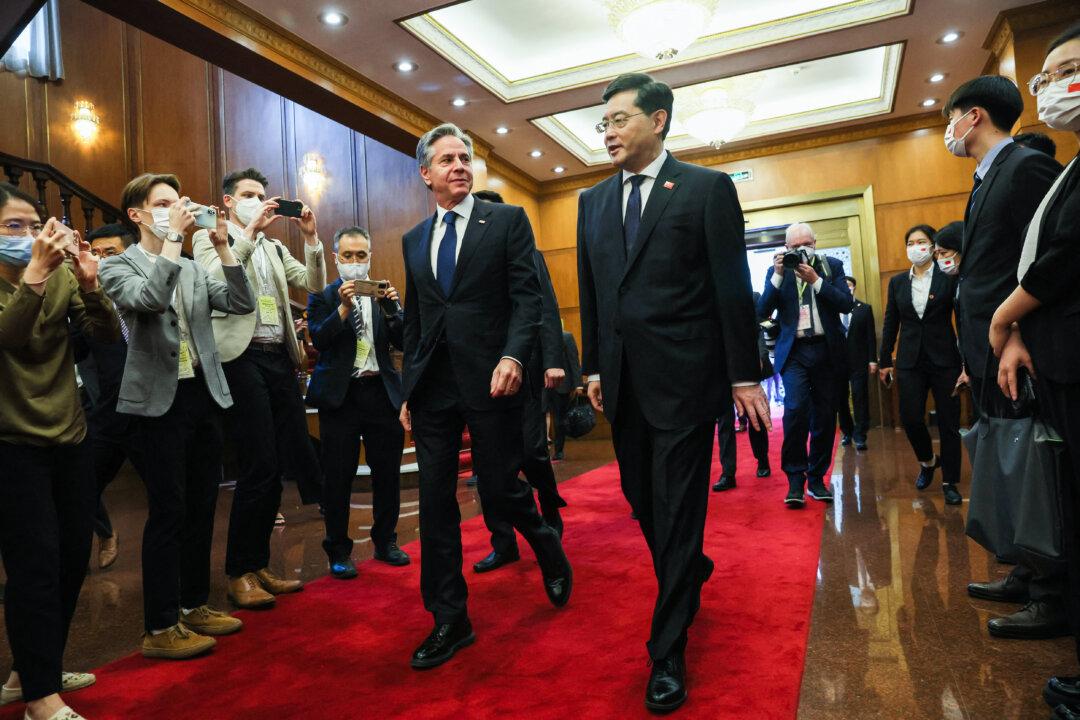U.S. Secretary of State Antony Blinken arrived in Beijing in the early morning of June 18 to begin his trip to China. At a time when the Chinese communist regime has repeatedly provoked the United States and U.S.–China relations have hit rock bottom, Blinken is the first U.S. secretary of state to visit China in five years.
Chinese leader Xi Jinping has been preparing for war and for dealing with international sanctions since he took office. Analysts believe that Blinken seeks to avoid conflicts through communication during his visit. At the same time, the United States plans to use a combination of soft and hard tactics when dealing with the Chinese Communist Party (CCP).






